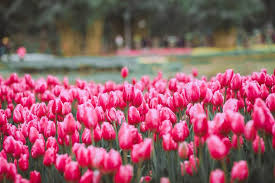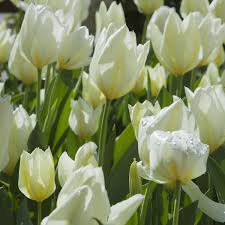The Role of Books and Libraries in Royal Life in Imperial China
Books and libraries have played an essential role in the intellectual and cultural life of societies across the world. In Imperial China, where Confucianism was the cornerstone of governance and scholarship, books were regarded as valuable treasures, and libraries were institutions of immense significance. For the royal family, including emperors, empresses, princes, and high-ranking officials,









